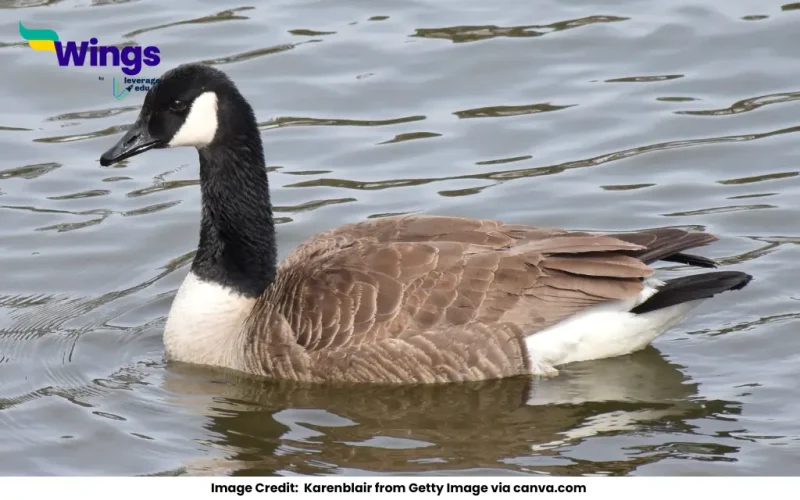The opposite gender of the word “Gander” is “Goose”. A gander refers to a male goose, while a goose specifically represents a female goose. These terms are widely used to differentiate the sexes of geese, a bird species known for their strong migratory instincts and family bonds.
Complete Answer:
In English, some nouns change depending on the gender of the subject they describe. These are known as gendered nouns, and they are particularly common when referring to animals. For example:
Gander = Male Goose
Goose = Female Goose
It’s important to note that not all animal names are gender-specific. For instance, “dog” or “cat” can refer to either gender unless specified as “male” or “female.”
Origin of ‘Gander’ and ‘Goose’
The word “goose” comes from the Old English word “gōs”, which is linked to similar words in German and Dutch. On the other hand, “gander” is derived from the Old English term “gandra”, specifically referring to the male counterpart of the goose.
Examples of Gendered Animal Names
To help you understand more examples of gendered nouns, here’s a list:
- Lion (Male) → Lioness (Female)
- Drake (Male Duck) → Duck (Female Duck)
- Rooster (Male Chicken) → Hen (Female Chicken)
- Stag (Male Deer) → Doe (Female Deer)
Fun Fact: Collective Nouns for Geese
Did you know that a group of geese has different names depending on where they are?
- On land, it’s called a “gaggle of geese.”
- In flight, it’s referred to as a “skein of geese.”
Common Doubts in English


 One app for all your study abroad needs
One app for all your study abroad needs











 60,000+ students trusted us with their dreams. Take the first step today!
60,000+ students trusted us with their dreams. Take the first step today!